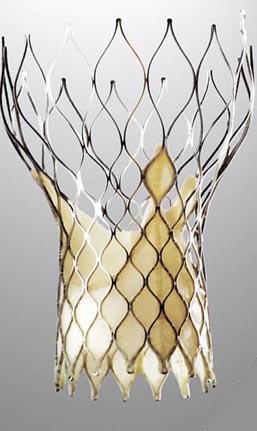Latest News Archive
Please select Category, Year, and then Month to display items
21 November 2024
|
Story Jacky Tshokwe
|
Photo Supplied
 Prof Mogomme Masoga, Dean: Faculty of the Humanities.
Prof Mogomme Masoga, Dean: Faculty of the Humanities.
On 8 November 2024, the South African Humanities Deans Association (SAHUDA) elected Prof Mogomme Masoga, Dean of the Faculty of The Humanities at the University of the Free State (UFS), as its new President. This appointment marks a pivotal moment for SAHUDA, which represents a diverse network of deans who champion the prominence and future of humanities, social sciences, and the arts in South Africa and beyond. Prof Masoga, who has served as Vice-President of SAHUDA for the past year, brings a wealth of experience and a deep commitment to advocating for the role of humanities in addressing the challenges of our contemporary world.
As President, Prof Masoga envisions broadening the influence of what he terms ‘public and applied humanities.’ His aim is to advance a humanities framework that not only enriches academic discourse, but also engages with critical global and local issues. This approach, rooted in socially responsive scholarship, will prioritise areas such as computational and digital humanities, environmental humanities, and other interdisciplinary fields that intersect with the pressing concerns of our time.
“The humanities are more relevant than ever to understanding complex societal issues,” Prof Masoga explained. “Through public and applied humanities, we can bring the critical perspectives of our field into active dialogue with the challenges of a digital and ecologically threatened world.”
His election underscores the University of the Free State's growing influence in national and international conversations about the future of the humanities. For the UFS, this leadership role enhances its reputation as an institution deeply invested in fostering meaningful contributions to society. Prof Masoga’s presidency is set to amplify the university’s voice and perspectives in SAHUDA’s mission to fortify the role of humanities in education and public life.
Over the next two years, Prof Masoga’s tenure will include a focus on initiatives that strengthen the relevance of humanities scholarship, encourage interdisciplinary research, and cultivate public engagement. He will also prioritise fostering collaboration across higher education institutions in South Africa and internationally to ensure that humanities disciplines are equipped to address the diverse needs of our rapidly evolving world.
Prof Masoga’s commitment to SAHUDA’s mission reflects the values and aspirations of the UFS Faculty of The Humanities. His presidency is an invaluable opportunity for the university to contribute to the national agenda of reinforcing the humanities as a field essential to a healthy, critically informed, and culturally aware society. This achievement serves as a proud moment for the UFS and a beacon for the potential of the humanities to drive societal progress in South Africa and beyond.
UFS Doctors make History in South Africa
2011-07-14
|

|
| New aortic valve |
Three members of our Faculty of Health Sciences made history by being the first to implant a special new aortic valve in South Africa.
In a combined effort, the Departments of Cardiology, Pediatric Cardiology and Cardiothoracic Surgery did the first Medtronic CoreValve implant in South Africa on a patient in Universitas Academic Hospital.
With the support of hospital management and the Medtronic company, Prof. Hennie Theron, Prof. Stephen Brown and Dr JP Theron of the Faculty of Health Sciences, with the assistance of Dr Jean-Claude Laborde, performed the operation early on Wednesday morning, 06 July 2011.
The advantage of this new valve is that it can be implanted percutaneously through a catheter from the groin. This eliminates the need for invasive surgery.
The valve is made from porcine pericardium (tissue derived from pigs) and is mounted on an expandable stent, which is threaded along an artery, until it reaches its desired position. Prof. Theron says the valve is especially useful in older patients who suffer from aortic valve disease and pose a high surgical risk. Furthermore, the use of this valve greatly reduces hospitalisation time, in comparison to traditional surgery.
“One patient already received an implant this morning and we hope to finish 2 more today,” Prof. Brown said, emphasizing the swiftness and efficiency of the new valve implanting process.
“It is a complex procedure, but this service can in future be offered to all patients in the public and private sectors of the Free State. It is heartwarming that the academic complex can take the lead in this modern, high-tech therapy.”
For more information on the procedure, please contact Prof. Theron at 051 4053428.